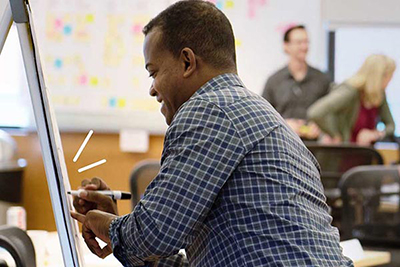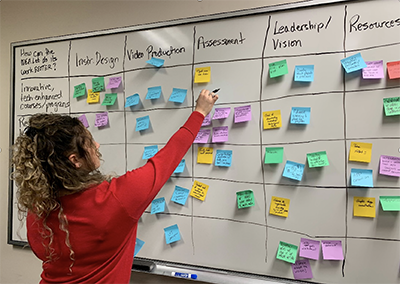

Pitt Clinical and Translational Science Institute Presents
SPARK SUMMIT 2022
- Days
- Hours
- Minutes
- Seconds
June 21-22, 2022
University Club, 123 University Place
Catalyze your research with Human Centered Design
The Spark Summit is part of a unique initiative by Pitt Clinical and Translational Science Institute to enrich health research using human centered design (HCD)
Join us to discover how health researchers at Pitt are using Human Centered Design (HCD) for community engagement, intervention design, manuscript/grant writing, and team management. Learn how CTSI is tailoring HCD methods and training to the specific needs of research teams. Share your own HCD experiences and insights, meet colleagues with similar interests, and find collaborators!

What to Expect
Day One: 8:00am-1:00pm
View Schedule
Speakers to be posted soon
Explore ways in which HCD can help researchers design more innovative interventions and write stronger grants and manuscripts.
Learn about CTSI’s initiative to tailor HCD "recipes" to the needs of researchers, and take one of these recipes for a test drive!

Day Two: 8:00am-12:30pm
View Schedule
Speakers to be posted soon
Investigate ways that HCD can help researchers engage and empower community stakeholders and build happier, more productive teams.
Take advantage of lunch to network and forge collaborations with other HCD-trained researchers!

Want to Speak at the SPARK SUMMIT? (Proposal Submission Window is now closed.)
We are looking for members of research teams to present short, engaging presentations describing specific ways they have used HCD to accomplish research goals and enhance team collaboration. If you use HCD methods in the service of health research, please consider submitting a proposal. Proposals should:
- Concisely describe one specific instance in which you used HCD in the context of health research (max 150 words.)
- Fall into one of the following conference tracks:
- Community engagement: Using HCD to engage community members around health issues (e.g., solicit more voices and perspectives, encourage more open dialog, identify needs.)
- Intervention design: Using HCD to create better interventions (e.g., understand the needs of end users, brainstorm ideas and refine designs, identify barriers and facilitators.)
- Grant or manuscript writing: Using HCD to improve grants and/or manuscripts (e.g., refine Aims, write better innovation or significance sections for grants, write better discussion sections for manuscripts.)
- Team management: Using HCD to improve the working dynamics of research teams (e.g., invite more input, gather feedback, improve processes.)
- Other: Using HCD to accomplish research-related goals that fall outside the categories above. We will decide after reading proposals in this category whether they fit into one of the conference tracks.
- Provide an engaging description of this experience, addressing the following:
- Problem: What problem were you trying to solve using HCD?
- Recipe: What methods did you use, in what sequence, and why did you choose them?
- Context: Who was involved, where did it happen, and how long did the activity take?
- Outcome: What insights did you gain?
- Advice: What lessons did you learn and what advice can you offer others?
Innovate with Us
Don’t miss this opportunity to discover how HCD can enhance your research!

